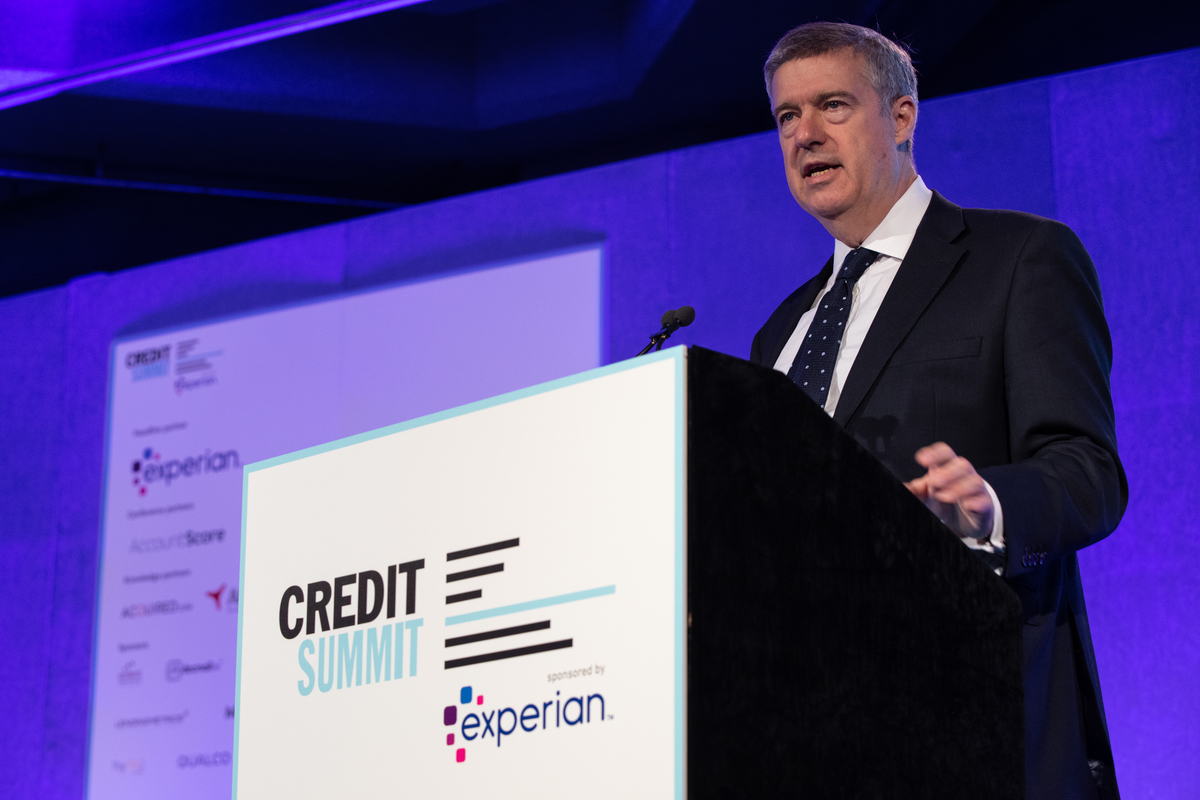Dear visitor,
You're reading 1 of your 3 free news articles this quarter
Register with us for free to get unlimited news, dedicated newsletters, and access to 5 exclusive Premium articles designed to help you stay in the know.
Join the UK's leading credit and lending community in less than 60 seconds.
FCA instructs credit card firms to review persistent debt policies
The Financial Conduct Authority (FCA) has told credit card firms to review their approaches to borrowers stuck in persistent debt, reminding them they cannot suspend a credit card without justification.

The regulator has written to providers outlining their concerns around policies for persistent debt – defined as when a borrower is paying more in interest, fees and charges than they are paying of their balance.
The FCA requires firms to help people who have been caught in a cycle of persistent debt for three years, by proposing and agreeing plans with customers to resolve the situation.
Ahead of firms issuing letters setting out proposals to customers who have been in persistent debt for three years, the FCA is outlining areas firms need to review and ensure their approach is in line with expectations.
The regulator has two main issues. One is a concern that customers may not respond to letters from their credit card provider, advising that they have been in persistent debt for three years. The FCA said firms must encourage customers to speak with them to discuss potential repayment arrangements.
The FCA emphasised that if customers can’t afford the options proposed by their provider, they must be treated with forbearance and due consideration, for example, by reducing, waiving or cancelling any interest or charges.
Another major concern for the watchdog is that firms may cancel or suspend credit cards for everyone in persistent debt, including those willing to engage and come to an agreement. The FCA reminded firms in its letter that, in these circumstances, providers are not allowed to suspend a credit card without having an objectively justifiable reason.
One of the points made in the ’Dear CEO’ letter to credit card firms states: "Operational readiness (for PD36 interventions) should include consideration of the people, processes (including all communications) and systems impacts and requirements to deliver competent customer engagements."
Jonathan Davidson, executive director of supervision for retail and authorisations at the FCA, is a keynote speaker at the Credit Summit on March 19 and will address the regulator’s activity on persistent debt in a speech and Q&A with the audience.
In a statement issued today (February 3), he said: "Under our rules, firms must help customers to reduce the level of debt they have on their credit card more quickly. If a customer cannot afford the firm’s proposals for how to do this, the firm must offer forbearance, potentially including reducing, waiving or cancelling any interest, fees or charges.
"If we find firms are not offering their customers the appropriate level of help, we will not hesitate to take action."
Davidson added: “If the firms do this right, we estimate that this could save customers up to £1.3bn a year in lower interest charges.”
Soon after the FCA made the announcement, reactions from consumer finance bloggers raised concerns over the clarity of the letters, while others highlighted which firms will be hit hardest by the FCA’s actions on persistent debt.
The letters are too vague. Most common questions I am asked 1) what will happen if I ignore this? 2) how will my credit record be affected for each scenario?@theFCA tells credit card firms to review their approach to persistent debt customers t.co/zkLjfzKjFu
— Debt Camel (@DebtCamel)The letters are too vague. Most common questions I am asked 1) what will happen if I ignore this? 2) how will my credit record be affected for each scenario?@theFCA tells credit card firms to review their approach to persistent debt customers https://t.co/zkLjfzKjFu
— Debt Camel (@DebtCamel) February 3, 2020
Matt Hopkins, director of the Global Banking Group at accountancy firm BDO, believes much of the £1.3bn the FCA hopes these measures will save borrowers, will translate into lost income for credit card companies.
"This is going to cause the biggest issues for those credit card businesses that focus on the sub-prime market and have a higher percentage of persistently indebted customers"
Matt Hopkins, BDO
Highlighting which firms will be affected, he added: "This is going to cause the biggest issues for those credit card businesses that focus on the sub-prime market and have a higher percentage of persistently indebted customers.
"If that market segment become much less profitable then an unintended consequence is that we may see far less availability of credit cards for customers with weaker credit history."
Leigh Treacy, head of financial services advisory at BDO, explains that the pressure on the credit card industry to increase forbearance is part of a broader FCA campaign to encourage better treatment of struggling borrowers.
Treacy added: “The pressure on lenders to compromise is also happening in the mortgage market. The FCA is expecting lenders to help out interest-only borrowers who are struggling to rollover into another interest-only deal and “mortgage prisoners” whose weak credit rating means they’re unable to move from a high-interest deal.”
Debt advice charity The Money Advice Trust has also issued a response on the FCA’s letter.
Jane Tully, director of external affairs at the organisation, which runs National Debtline and Business Debtline, said: “It is crucial that credit card firms get this right – including by offering sustainable repayment options and forbearance where necessary. A ‘blanket’ suspension of credit cards risks inadvertently making the financial situations of some customers worse, and the regulator is right to warn firms against this approach.”
She added: “We welcome the FCA’s reminder of the role of free debt advice in this complicated process, as many customers will be receiving letters from multiple credit card providers and may have other debts too.
“It is crucial that anyone receiving these letters engages with their credit card provider as soon as possible, and that firms signpost their customers to receive free, independent debt advice on the whole of their debt situation where necessary.”
Stay up-to-date with the latest articles from the Credit Strategy team
Get the latest industry news






